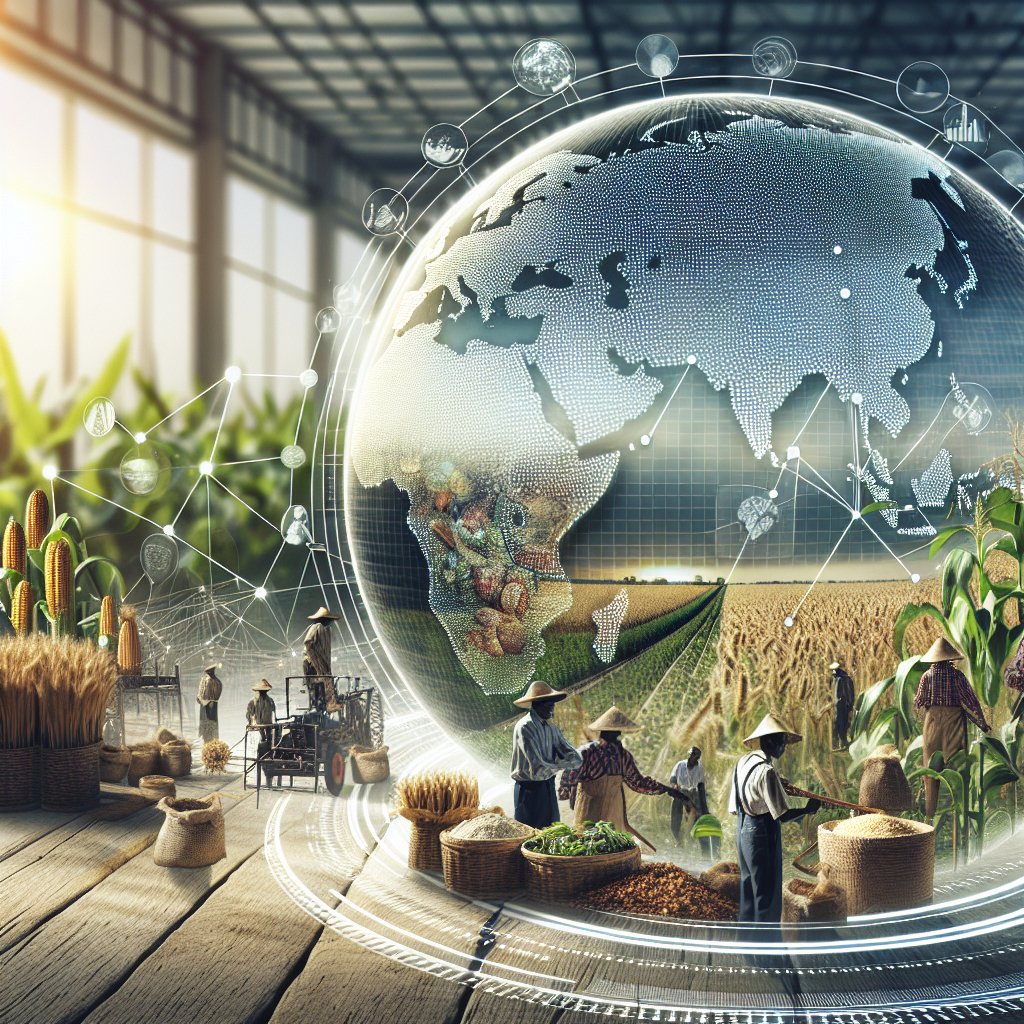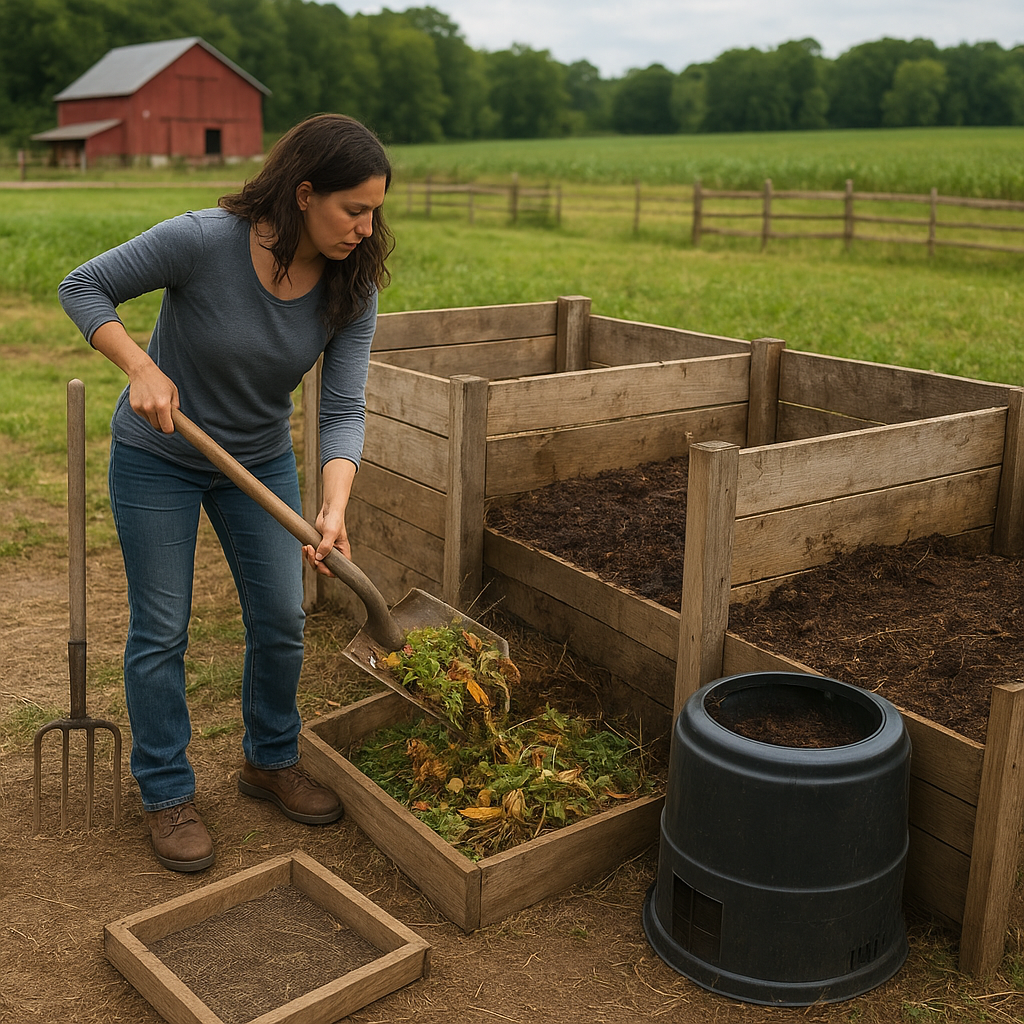The importance of fair trade in supporting global farming communities cannot be overstated. Fair trade practices aim to create equitable trading conditions for farmers, particularly in developing countries, ensuring they receive fair compensation for their labor and products. This approach not only enhances the livelihoods of farmers but also promotes sustainable agricultural practices, community development, and environmental stewardship. In this article, we will explore the principles of fair trade, its impact on farming communities, and the challenges and opportunities that lie ahead.
Understanding Fair Trade
Fair trade is a movement that seeks to provide better trading conditions and promote sustainability for marginalized producers and workers in developing countries. The core principles of fair trade include:
- Fair Compensation: Farmers receive a price that covers the cost of sustainable production and provides a living wage.
- Direct Trade: Fair trade eliminates intermediaries, allowing farmers to sell directly to consumers or retailers.
- Community Development: A portion of profits is reinvested into community projects, such as education, healthcare, and infrastructure.
- Environmental Sustainability: Fair trade encourages eco-friendly farming practices that protect the environment and promote biodiversity.
- Empowerment: Fair trade organizations often provide training and resources to help farmers improve their skills and increase their productivity.
These principles are designed to create a more equitable trading system that benefits both producers and consumers. By choosing fair trade products, consumers can support ethical practices and contribute to the well-being of farming communities around the world.
The Impact of Fair Trade on Farming Communities
Fair trade has had a profound impact on farming communities, particularly in regions where traditional agricultural practices have been challenged by globalization and market fluctuations. The benefits of fair trade can be observed in several key areas:
Economic Stability
One of the most significant advantages of fair trade is the economic stability it provides to farmers. By ensuring fair prices for their products, farmers can invest in their farms, improve their production methods, and secure a better future for their families. This stability is crucial in regions where farmers often face unpredictable market prices and the threat of poverty.
Community Development
Fair trade organizations often allocate a portion of their profits to community development projects. These initiatives can include building schools, providing healthcare services, and improving local infrastructure. As a result, entire communities benefit from fair trade practices, leading to improved quality of life and increased opportunities for future generations.
Empowerment of Women
Fair trade has also played a vital role in empowering women in farming communities. Many fair trade cooperatives prioritize gender equality, providing women with access to resources, training, and leadership opportunities. This empowerment not only enhances the status of women within their communities but also contributes to overall economic growth, as women reinvest their earnings into their families and local economies.
Environmental Sustainability
Fair trade promotes environmentally sustainable farming practices that protect natural resources and biodiversity. By encouraging organic farming, agroforestry, and other eco-friendly methods, fair trade helps mitigate the negative impacts of conventional agriculture, such as soil degradation and deforestation. This focus on sustainability is essential for the long-term viability of farming communities and the health of the planet.
Challenges and Opportunities Ahead
Despite the many benefits of fair trade, challenges remain. The fair trade movement must navigate issues such as market saturation, consumer awareness, and the need for continuous improvement in standards. However, there are also significant opportunities for growth and innovation.
Market Saturation
As the demand for fair trade products increases, the market can become saturated, leading to competition among producers. This saturation can sometimes result in a dilution of fair trade principles, as producers may prioritize quantity over quality. To address this challenge, fair trade organizations must continue to emphasize the importance of maintaining high standards and ensuring that all participants in the supply chain adhere to fair trade principles.
Consumer Awareness
Raising consumer awareness about the benefits of fair trade is crucial for the movement’s success. Many consumers are still unaware of the impact their purchasing decisions can have on farming communities. Educational campaigns, partnerships with retailers, and increased visibility of fair trade products can help bridge this gap and encourage more consumers to choose fair trade options.
Innovation in Fair Trade Practices
Innovation is key to the future of fair trade. As the agricultural landscape evolves, fair trade organizations must adapt to new challenges and opportunities. This may include exploring new markets, developing innovative products, and leveraging technology to improve supply chain transparency. By embracing innovation, fair trade can continue to support farming communities and promote sustainable practices.
Conclusion
The importance of fair trade in supporting global farming communities is clear. By providing fair compensation, promoting community development, and encouraging sustainable practices, fair trade has the potential to transform the lives of farmers and their families. While challenges remain, the opportunities for growth and innovation are vast. As consumers, we have the power to make a difference by choosing fair trade products and supporting the principles that underpin this vital movement. Together, we can help create a more equitable and sustainable future for farming communities around the world.




